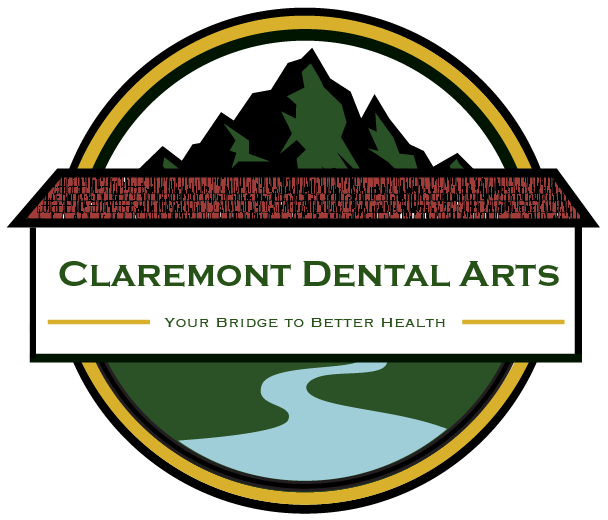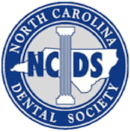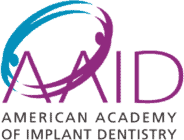
(This can be a sensitive subject for many people, so please be aware of that before reading further. If you’d like more information about dealing with eating disorders, start here).
Eating disorders are a relatively common set of health issues. While they may occur at any age, eating disorders most often affect people in their teens and twenties. While many dealing with eating disorders are reluctant to seek treatment, the fact is that eating disorders can affect every aspect of your health, including your oral health. It’s important to understand the way that diet, eating habits, and eating disorders impact the teeth and gums, and some of the things that can be done about it.
To begin, let’s look at how various eating disorders and their related behaviors can affect oral health. While the impact of eating disorders can be wide-ranging, some of the most common dental manifestations include the following:
- Frequent vomiting and acid reflux can lead to frequent exposure of the teeth to stomach acids, which in turn can eat away at the protective outer layer of the affected teeth. This weakens the teeth and leaves them more susceptible to damage and decay, including cavities.
- Eating disorders can also lead to nutritional deficiencies, as the body simply doesn’t get enough of what it needs to be healthy. While this harms every aspect of health, the related dental issues stem from a lack of D and B Vitamins and calcium. Calcium is a vital nutrient for building healthy bones and teeth and maintaining the health of the teeth and jaw. Vitamin D helps the body absorb calcium, in addition to supporting nearly every other body system. B vitamins likewise play a number of roles throughout the body, including promoting the healing of the gums.
- A weakened immune system is often the result of an eating disorder. Nutritional deficiencies like those mentioned above combined with stress on both body and mind can leave the body more susceptible to infection. This includes oral infections like gingivitis and other forms of gum disease.
- Dry mouth, or xerostomia, is another frequent symptom of eating disorders. This causes problems for the teeth by denying them contact with saliva. Saliva does a number of jobs in the mouth, including remineralizing the teeth and keeping them strong and healthy. Dry mouth, from whatever cause, disrupts this process and leaves the teeth weaker and more prone to damage.
Now that we’ve talked about some of the ways eating disorders affect oral health, what’s the best approach to dealing with it? Ultimately, the best course of action is to address the eating disorder itself and seek appropriate treatment from a qualified professional. In the short term, the oral health issues can be mitigated to some degree by adding supplements to make up for lost nutrition and by giving the teeth some extra care. After vomiting for any reason, first thoroughly rinse the mouth with tap water to help neutralize the stomach acids involved. Then wait 20 minutes before brushing so that the enamel has a chance to re-harden. Brush gently with a soft-bristled brush, including both the teeth and gums.
Please remember that your dentist is a healthcare professional dedicated to making you and your smile the best they can be. Their office is a safe place in which you can discuss your health in confidence and privacy. Letting your dentist know you’re dealing with an eating disorder can help them provide you with better oral health care.




